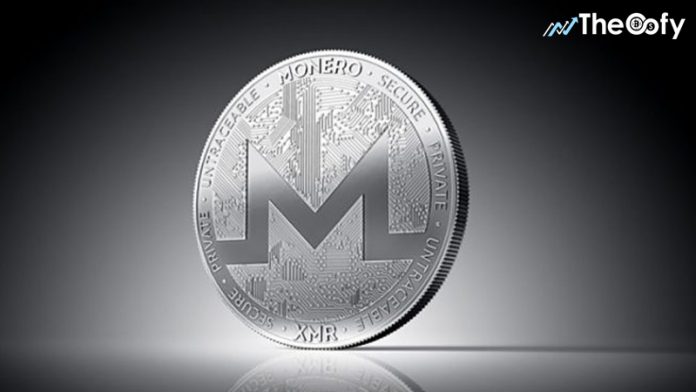With the AZTEC Protocol and Zero-knowledge proofs, Monero (XMR) and ZCash (ZEC) can now be used as Ethereum Smart Contracts.
The global crypto community recorded another milestone as a team of developers, Aztec’s coding team, announced that integration of zero knowledge proofs-based smart contracts. The Aztec’s protocol was integrated to enhance privacy, anonymity and security of smart contracts and related transactions.
“The AZTEC protocol can enable confidential transactions for any generic digital asset on Ethereum, including existing assets. For our proof of concept implementation of the AZTEC protocol, we attached an AZTEC token to MakerDAO’s DAI token. This smart contract can be used to convert DAI from its public ERC-20 form into a confidential AZTEC note form.”
The Role of Zero Knowledge Proofs in Smart Contracts
Blockchain, as known, promises transparency. As such, there are lower transaction validation speeds and anonymity is not exactly achievable. Zero-knowledge proofs uses cryptography to ensure that a ledger entry is validated without revealing identities of parties involved.
With Zero knowledge proofs in place, a user can easily trade on blockchain without having to reveal what is being traded and what amount it is. Privacy-focused coins like Monero and ZCash are examples of coins that work with these zero knowledge proofs.
Thus, with AZTEC protocol enabling this feature on smart contracts, Monero and ZCash are effectively adapted into smart contracts. According to the team, this feature works well with providing viable solutions to the scalability issues faced by cryptocurrencies.
The Feasibility of the AZTEC Protocol
According to a team member, the feasibility of this new project was studied when a user facilitated a transfer of 40 DAI to the zero knowledge smart contract. According to the team member, the user was able to effect a monetary transfer with the amount transferred and receiver unknown.
The team member also pointed out that the AZTEC protocol was not limited to anonymity of smart contracts but had a wider range of applications. He explained that the team will be releasing a full open-source implementation of the protocol.
This will, according to him, cut across many aspects of the crypto world and facilitate mainstream adoption.
“[…] we’re going to be releasing our full, open-source implementation of the AZTEC protocol which includes the cryptographic protocols required to manage financial instruments in full zero knowledge.” He said. “[…] includes anonymous voting for governance mechanics, […] and a decentralized zero-knowledge exchange.” He added.




